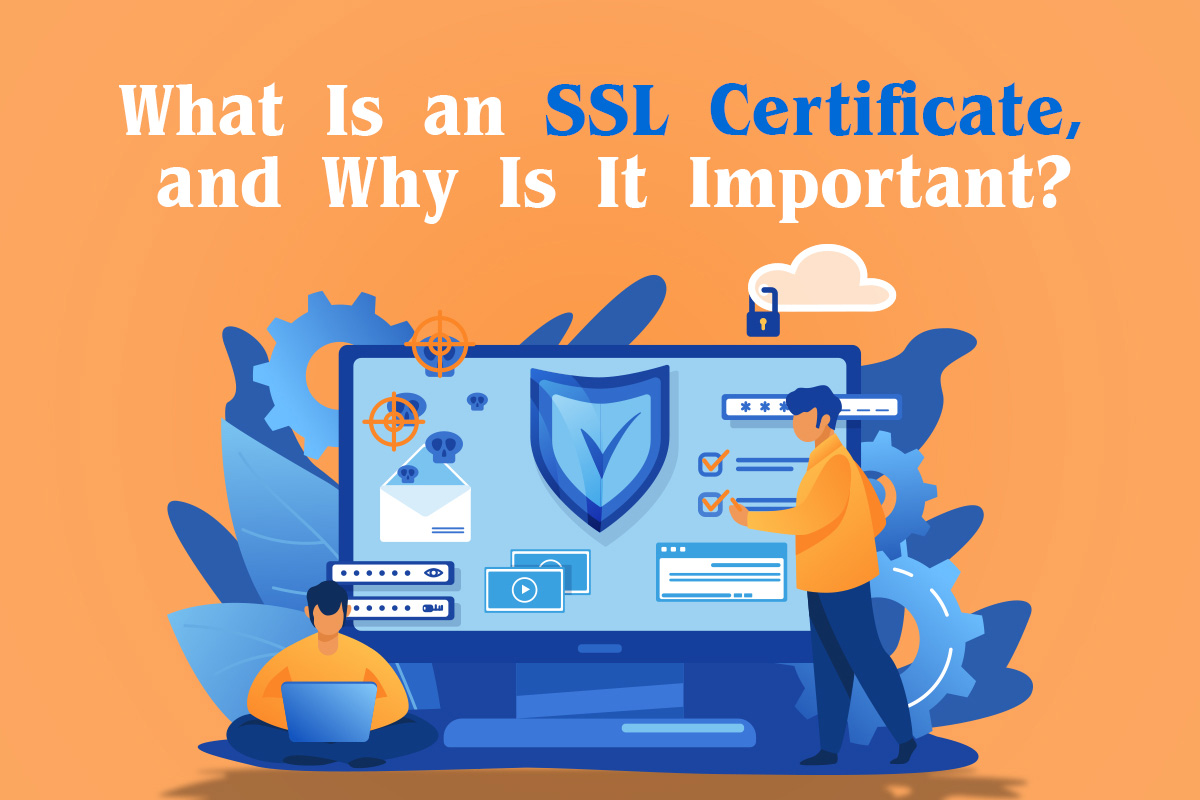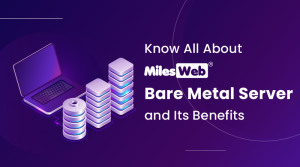Imagine entering sensitive information like your credit card details on a website, only to have it intercepted by hackers. Without an SSL certificate, this scenario becomes a real possibility, exposing websites and their users to significant security risks.
The Scale of the Issue: Statistics and Real-World Examples
As of 2024, there are over 1.13 billion websites worldwide, with approximately 35% being active. However, not all are secure.
In 2023, over 22 million recorded hacking attempts were made daily, targeting websites without proper encryption.
- Why SSL is Important:
- In 2016, a major breach at Yahoo exposed over 3 billion user accounts, largely due to poor encryption practices.
- In 2021, a healthcare provider lost sensitive patient data in a cyberattack after failing to implement SSL on their patient portals.
How SSL Works: Major Algorithms Behind SSL
SSL (Secure Sockets Layer) relies on powerful encryption algorithms like:
- RSA (Rivest–Shamir–Adleman): Commonly used for securing data transmission.
- AES (Advanced Encryption Standard): Provides robust encryption for session data.
- ECC (Elliptic Curve Cryptography): Ensures secure and faster key generation.
Major Companies Providing SSL Certificates
- Free SSL Providers:
- Let’s Encrypt: A widely used free SSL provider offering domain validation certificates.
- Cloudflare: Provides free SSL along with website performance enhancements.
- Paid SSL Providers:
- DigiCert: Trusted by enterprises for extended validation certificates.
- Comodo (now Sectigo): Offers a range of SSL options for businesses.
- GoDaddy: Known for easy-to-implement SSL solutions with additional support.
Why Choose a Paid SSL Certificate?
While free SSL certificates offer basic protection, paid SSL certificates provide:
- Enhanced Validation: Extended Validation (EV) certificates display a green address bar, boosting trust.
- Warranty: Financial compensation in case of a breach.
- Comprehensive Support: Dedicated customer service for troubleshooting.
- Flexibility: Options like wildcard SSL for securing multiple subdomains.
The Impact of SSL on SEO
Implementing an SSL certificate doesn’t just enhance security—it also positively affects your website’s search engine optimization (SEO):
- Google’s Ranking Signal: Since 2014, Google has considered HTTPS a ranking factor. Websites with SSL certificates may receive a slight boost in search rankings compared to non-secure sites.
- Improved User Trust: Secure sites display a padlock icon in the address bar, increasing user confidence. This can lead to longer visit durations and lower bounce rates, which are favorable for SEO.
- Avoiding “Not Secure” Warnings: Modern browsers flag non-HTTPS sites as “Not Secure,” potentially deterring visitors. High bounce rates from these warnings can negatively impact your SEO.
- Secure Referral Data: HTTPS preserves referral data in analytics tools, providing accurate insights into traffic sources. This data is crucial for refining SEO strategies.
- Mobile-First Indexing: As Google moves towards mobile-first indexing, having a secure, responsive site is essential. SSL certificates ensure that your site meets these evolving standards.
What Is a Wildcard SSL, and Why Is It Important?
A wildcard SSL certificate allows you to secure a primary domain and all its subdomains with a single certificate. This is especially valuable for businesses with:
- Multiple subdomains (e.g., shop.example.com, blog.example.com).
- There is a need to streamline SSL management and reduce costs.
Conclusion
In an era of rising cyber threats, SSL certificates ensure secure online experiences. Whether free or paid, they protect sensitive data and enhance user trust. Investing in robust SSL solutions like wildcard certificates can make all the difference for businesses handling critical information or operating multiple subdomains. Prioritize security—because a secure website builds lasting trust.


